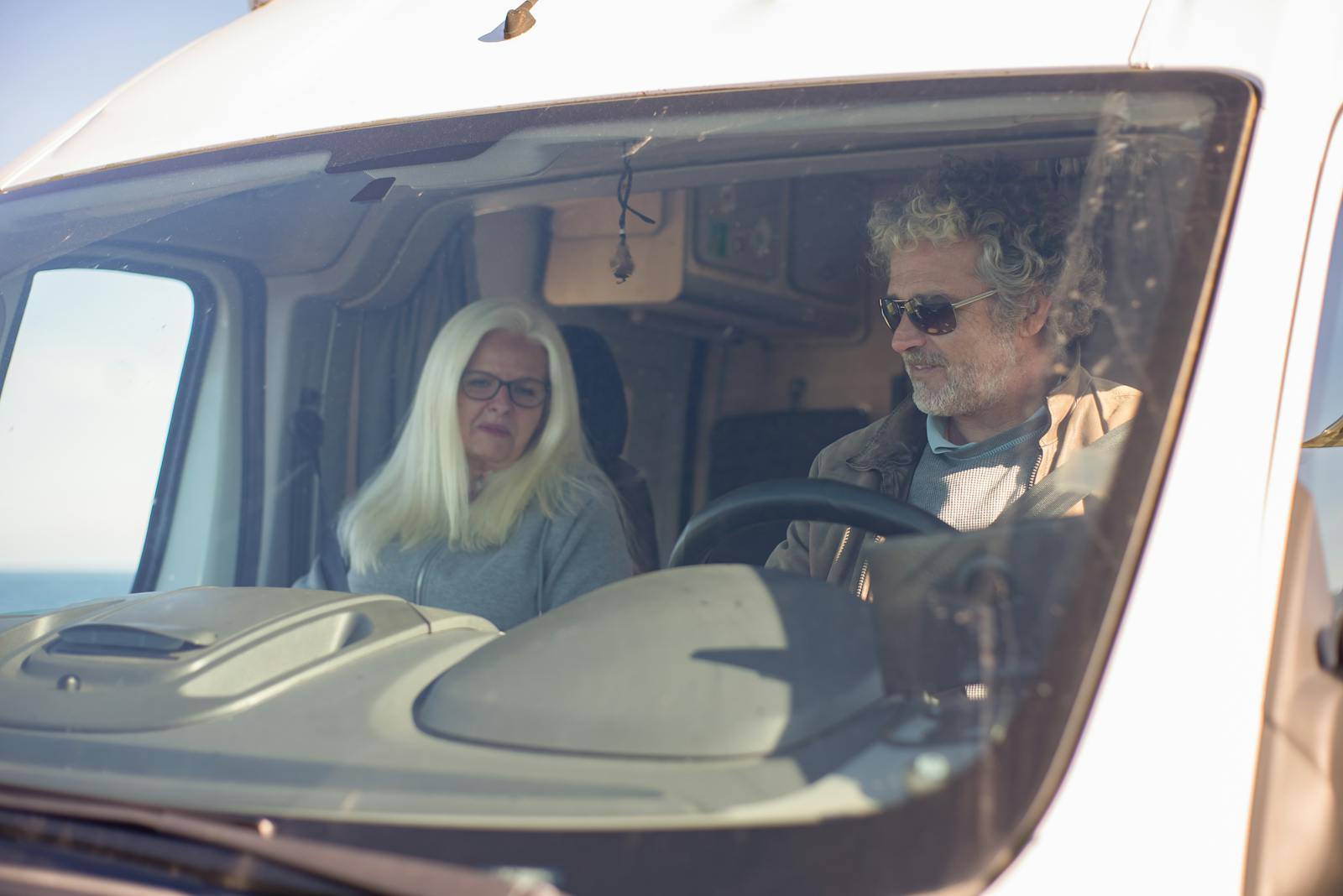
Everything You Need to Know Before Your Summer Adventure
The long and warm days of summer offer fantastic opportunities for memorable adventures. Owning a camper, motorhome, trailer or other recreational vehicle (RV) can enable you to fully immerse yourself in the winding roads or deep wilderness, all while enjoying reliable transportation and many comforts of home.
However, taking a trip in your RV also requires you to account for various risks and potential incidents. Unexpected twists in your journey, or accidents, can derail your plans, endanger your family and incur significant financial ramifications. Even the most seasoned travelers must plan diligently before each trip. 
How to Plan Your RV Trip This Summer
When preparing to depart on an adventure in your RV, you and your passengers must be meticulous in considering potential mishaps. Many things could go wrong with your vehicle, and you may encounter conditions beyond your control. Fortunately, ample planning can help limit disruptions and minimize consequences. Consider the following steps:
- Consider unexpected conditions. Regardless of how much experience you may have behind the wheel of an RV, unfamiliar roads and conditions can be perilous. Take time to research construction projects, road closures and historical weather patterns in areas you will be driving.
- Conduct maintenance. RVs rely on many systems and components to operate reliably. Be sure to thoroughly check and service all parts and equipment in your RV, including its engines, fluids, tires, water, and electrical systems.
- Pack an emergency kit. Make sure you prepare for potential incidents on the road, including possibly being stranded. Keep an emergency kit in your RV that contains drinking water, nonperishable food, batteries, flashlights, road flares, cell phone chargers and a first-aid kit.
- Purchase or reassess insurance. RV insurance should be considered a necessary investment, and even if you already have coverage in place, revisiting the details of your policy before going on a trip is advisable.
What Does RV Insurance Cover?
RV insurance is like standard auto insurance, although the unique functions of these vehicles can necessitate additional features. When composing or reconsidering your coverage, consider the following protections:
- Third-party liability coverage is often required by law and may render aid if you are at fault for another party’s losses while on the road.
- Vacation/campsite liability coverage may cover third-party losses in or around your RV while parked.
- Collision coverage may help pay to repair your RV if it’s damaged in a crash.
- Comprehensive coverage may assist with losses if your vehicle is damaged by fires, crime, severe weather or falling objects (e.g., tree limbs and rocks)
- Medical payments coverage may assist with health care bills if you or your passengers are injured.
- Contents coverage may financially protect belongings stored or transported in your vehicle.
- Uninsured/underinsured motorist coverage can compensate you for losses if another party is at fault but cannot do so.
We’re Here to Help
Having served motorists and families for two decades, the dedicated team at Wiglesworth-Rindom Insurance Agency is ideally positioned to assist with RV coverage needs. Contact us today to get started.
This blog is intended for informational and educational use only. It is not exhaustive and should not be construed as legal advice. Please contact your insurance professional for further information.
Categories: RV Insurance
